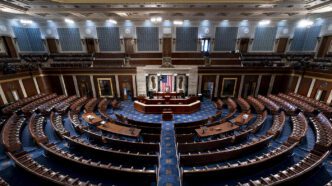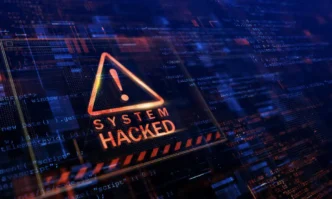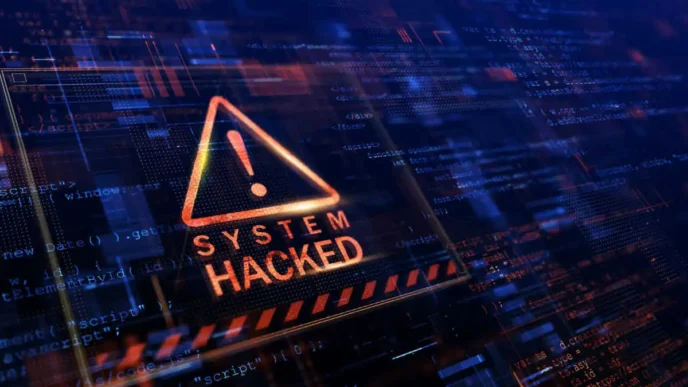On April 2, Congress addressed this issue when the House Committee on Government Reform held a hearing focused on Salt Typhoon’s cyberattacks. Last fall, the group infiltrated major U.S. telecommunications providers—including T-Mobile, Verizon, and AT&T—compromising systems used for law enforcement wiretaps. This breach granted the Chinese government access to sensitive data belonging to politicians and the 2024 Republican and Democratic presidential campaigns. Despite growing fallout from these attacks, Salt Typhoon continues its cyber operations into 2025, targeting telecom infrastructure worldwide.
The hearing was led by Committee Chairman William Timmons (R-SC) and included testimony from cybersecurity experts:
- Josh Steinman, CEO of operational technology security firm Galvanick
- Edward Amoroso, a research professor at New York University
- Matt Blaze, McDevitt Chair in Computer Science and Law at Georgetown University
All three witnesses emphasized the urgent need for stronger cybersecurity measures to protect critical infrastructure, though their recommendations varied.
Steinman warned that America’s infrastructure is dangerously vulnerable, arguing that national security must take precedence over efficiency and profitability. He urged the government—particularly President Donald Trump—to prioritize building a more resilient industrial base, including pipelines, railways, and defense manufacturing.
Amoroso described Salt Typhoon’s infiltration of U.S. telecom networks as a “full-spectrum assault” on democracy, advocating for a major national investment in AI-driven cybersecurity to counter future threats.
Blaze suggested revisiting the 1994 Communications Assistance for Law Enforcement Act (CALEA), which requires telecom companies to implement wiretapping capabilities. He argued that CALEA’s outdated mandates have unintentionally weakened U.S. cybersecurity, allowing foreign adversaries to exploit these systems. He proposed reforming CALEA by enforcing stricter security reviews and ensuring wiretapping features are disabled by default rather than always active.
During the hearing, Rep. Timmons asked Amoroso whether the U.S. should retaliate against Salt Typhoon. Amoroso responded that stronger defense is the best response, emphasizing that the U.S. must take responsibility for protecting its own networks.
Rep. Suhas Subramanyam (D-VA) raised concerns about recent cybersecurity personnel cuts at the Cybersecurity and Infrastructure Security Agency (CISA) and other federal agencies. When questioned about the impact of these layoffs, Blaze avoided directly commenting on the firings but stressed the importance of “active defense” in cybersecurity—identifying and fixing vulnerabilities before they can be exploited.
The full extent of the Trump administration’s cost-cutting measures on U.S. cyber defense remains unclear. However, officials from the Department of Homeland Security (DHS) have defended the restructuring, stating that eliminating non-essential positions is necessary to remove government waste.
“We are committed to securing the homeland while eliminating decades of unnecessary spending,” a DHS spokesperson said, adding that Secretary Kristi Noem is focused on restoring DHS’s core mission of national security.
As Salt Typhoon’s cyberattacks continue, the U.S. government faces mounting pressure to strengthen cybersecurity defenses and prevent further breaches of critical infrastructure.













